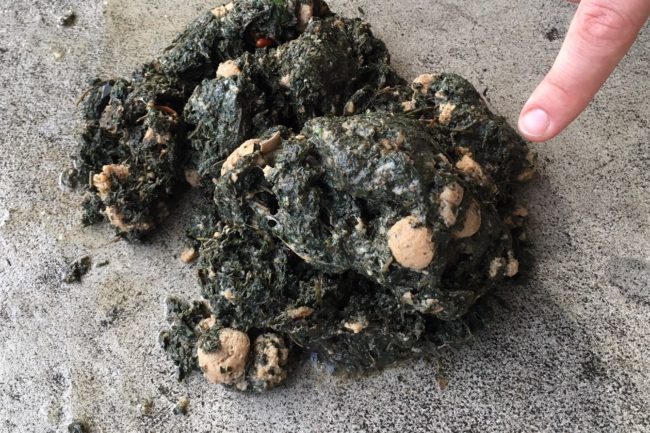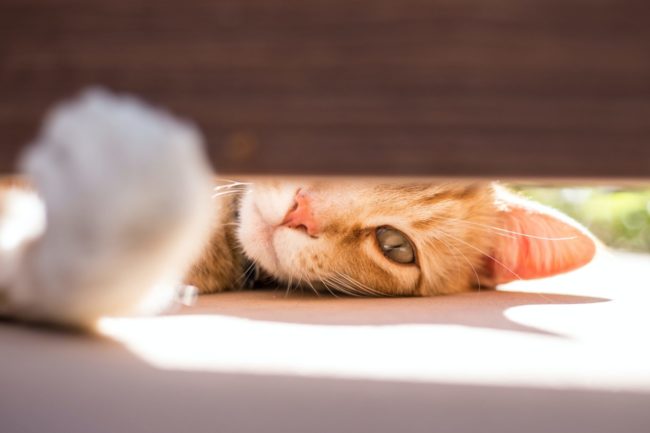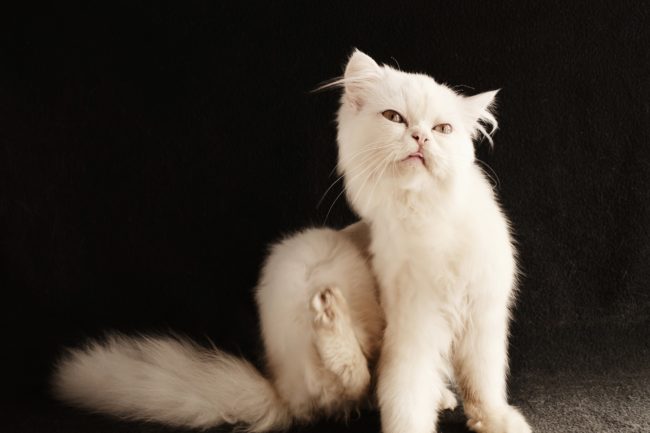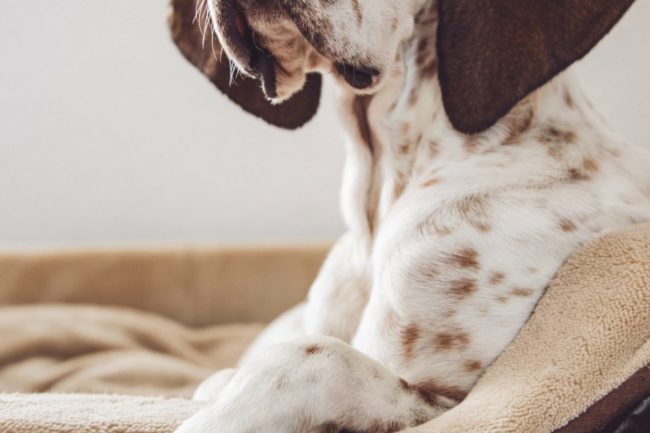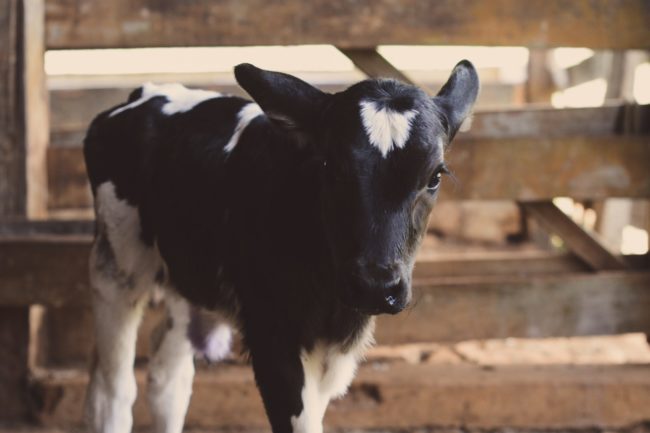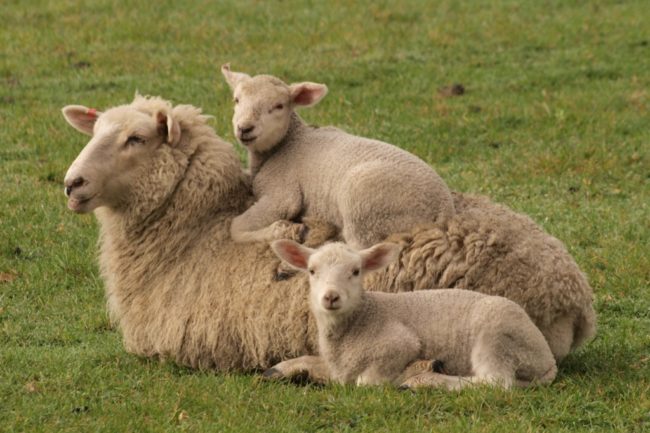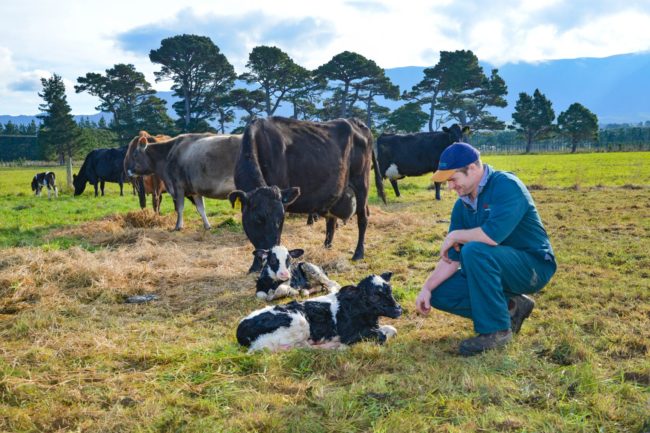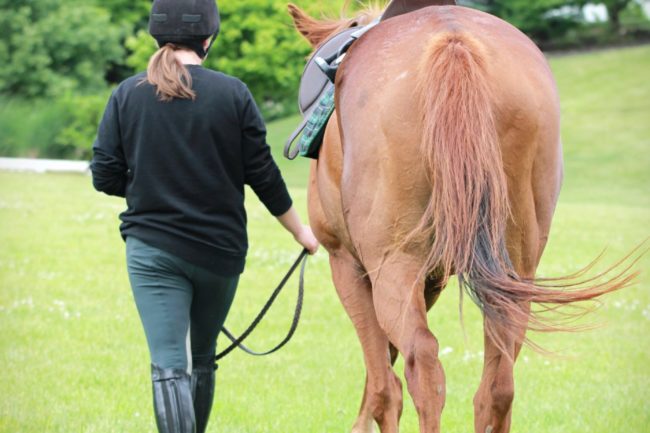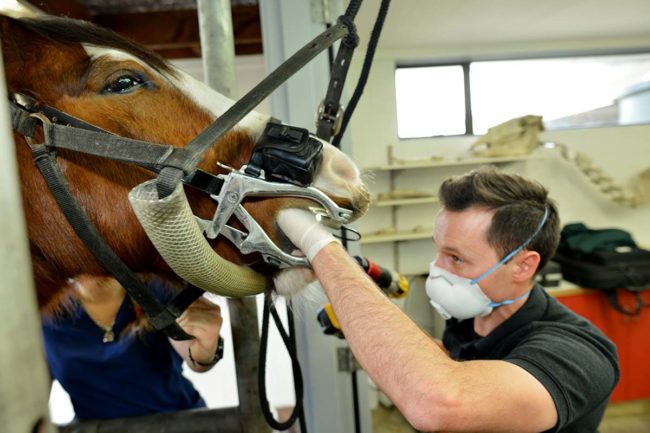Cannabis Toxicity in Dogs
In the words of the old song, can a pet “take a trip and never leave the farm”, even in this Covid-19 era of travel restrictions? Unfortunately, the answer is yes. More and more frequently we are presented with dogs who are acting strangely and who are known to, or suspected of having ingested, someone’s…
Details


